How Kickstarter is giving retro gaming a future
Nostalgia is a wonderful thing. Dipping back into the past for retro thrills will always be popular with both gamers and developers. Devs get to re-package old titles with a lick of paint and a helping of rose-tinted glass to make a quick(ish) buck--something that often helps them finance bigger projects. We get to relive cherished childhood memories. Win, win. Or is it? While massive titles like Legend of Zelda: Wind Waker HD, which admittedly was given a bit more than a lick of paint, can expect to sell in huge numbers because of its enormous fan base, what happens to smaller games that--while not originally selling mega-copies--do still have a decent fan following?
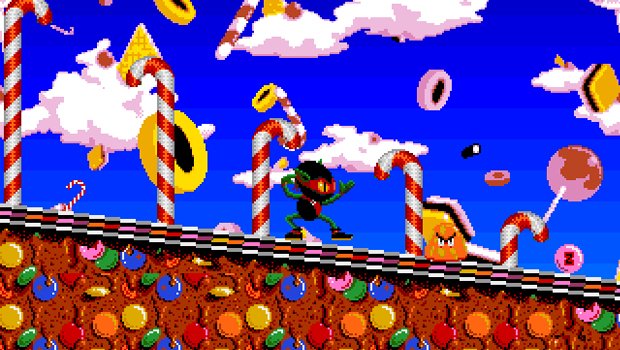
If, like me, your early days of gaming were spent on one of the less desirable gaming formats, it may be slightly disheartening to see yet another NES game being tarted up for a HD remake while favoured Amiga classics (like Zool--seriously, someone needs to remake Zool) remain criminally overlooked. Thankfully, we live in a time where people-power is a real thing and, if just enough fans want something badly enough, someone out there will make it happen. The ability to download games has meant that home brew coders and micro studios can produce and distribute products without having to worry about publishers. Couple this with the number of platforms available for digital distribution and you’ve got a pixelated landslide of retro games and re-makes heading your way.
Fan favourite, and possibly the most important title for the point and click genre, 1987’s Manic Mansion is receiving a revamp by a fan collective called Edison Interactive. The game, re-named Night of the Meteor to avoid the Lucas lawyers, not only revives the classic adventure with a visual style reminiscent of Manic Mansion’s follow up title--Day of the Tentacle--but is also decked out with new puzzles, new music and more dialogue.
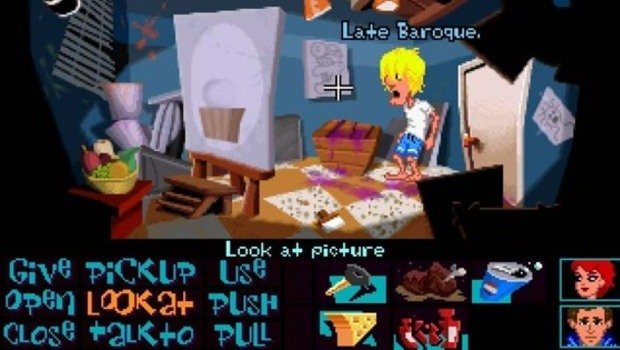
When Night of the Meteor is released (it’s been in development for years now and is currently looking for animators) it will be nothing short of miraculous, but re-framing games is not the only way the programming community is reviving once loved titles. When coders were invited to 'demake' classic games as part of a competition set by the homebrew community at TIGSource.com, VipEüt--a vector graphic version of the PlayStation’s landmark racing game WipeOut--was the stand out result.
The impressive wireframe title, reminiscent of very early Vetrex graphics (remember that?) is, as its creator states "a game from a past that never happened". With a little digging, it becomes clear that the demake community is a busy bunch, with projects ranging from a NES version of Left 4 Dead and a Chinese-made 8-bit Final Fantasy VII (because Square is too good at twiddling its collective thumbs). Unfortunately, as with a lot of things these days, the suits of the gaming industry have a habit of throwing their weight about, especially where copyright is concerned, and so a more legally sound way of producing retro titles had to be found. Enter Kickstarter (or crowd-funding).
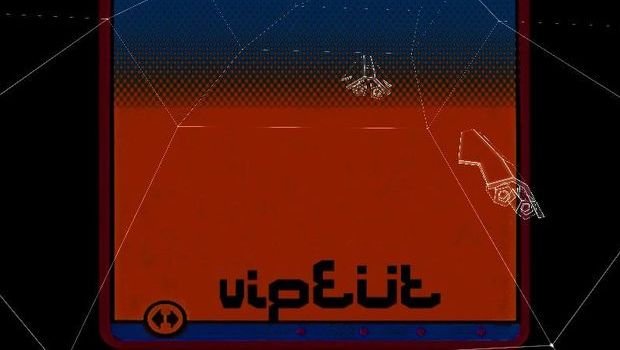
Not only can developers use a franchise’s fandom to help fund re-makes, Kickstarter also brings a more formal structure to the coding process, allowing software designers the chance to buy old franchises outright. Sadly, many of the remake games (including some of the examples used above) have exceptionally long development cycles, due to a lack of investor pressure, with some fizzling out altogether. Kickstarter’s funding platform, and penalties for non-completion, should mean the return of your favourite, childhood videogame will--if funded and barring any development catastrophe--appear in the not too distant future. This makes Kickstarter a natural new home for retro games.
Just recently Conatus Creative, an independent Canadian games studio, managed to secure funding for a remake of NES favourite, and grandfather to the scrolling beat ‘em up genre, River City Ransom--demolishing its target by almost $40,000. Stainless Games managed to secure an enormous $625,143, more than $200,000 over its target, to remake the notorious road kill simulator Carmageddon. Guess people still want to run over old grannies in the name of entertainment. Even retro merchandise is proving successful, with Darren Wall finding funding for a biography about the games and exploits of the charming, and hugely inspirational, games company Sensible Software.
Weekly digests, tales from the communities you love, and more
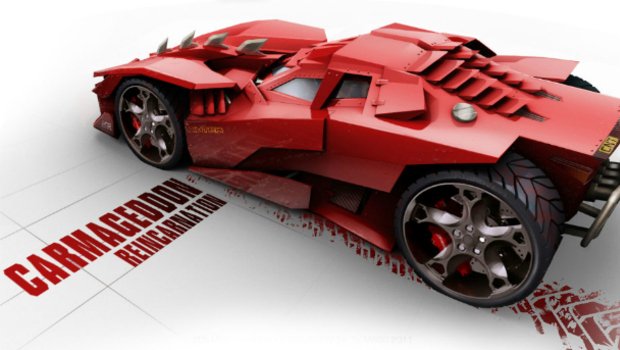
Game development is, as I’m sure a number of people will attest to, a complex mistress. Projects that seem sound at inception can often fall through. One of the more high profile failures was the Oliver Twins' attempt to bring the Spectrum favourite Dizzy back to life with Dizzy Returns. Unfortunately the campaign came undone, falling well short of its £350,000 target. Equally disappointing was the cancellation of the 'much loved' James Pond revamp, which was recently pulled mid-campaign due to lack of interest.
Projects come and go, but the appeal of retro gaming will only grow stronger as the years pass and the gaming audience grows and spreads. It seems a new retro project appears on Kickstarter every week with industry stalwarts (Kenji Inafune’s Mighty No 9 just kept smashing though those stretch goals) using the platform to launch new projects based on retro titles. Even the more obscure games are beginning to see the light of day. Rantmedia, a Cardiff based developer, is planning on bringing a raft of titles from the ColecoVision (ask your Dad) to new audiences.
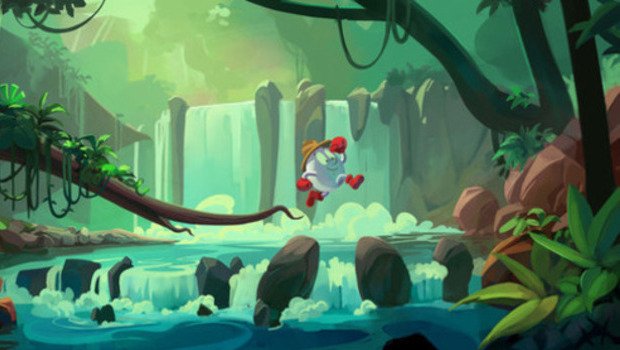
Not everything that appears on Kickstarter is guaranteed to a) be made, b) be any good, but the number of retro projects that have been successful is very telling. If the future of retro gaming is in the hands of Kickstarter--and it certainly seems to be at the moment--then it won’t be long before your favourite childhood memory gets dusted off, trotted out and (with a bit of luck) turned into something worth playing. Again.
You know that kid at parties who talks too much? Drink in hand, way too enthusiastic, ponderously well-educated in topics no one in their right mind should know about? Loud? Well, that kid’s occasionally us. GR Editorials is a semi-regular feature where we share our informed insights on the news at hand. Sharp, funny, and finger-on-the-pulse, it’s the information you need to know even when you don’t know you need it.

Richard is a freelance games journalist based in Derby, UK. He's currently working at Virgin Media, but writes about games in his spare time.


